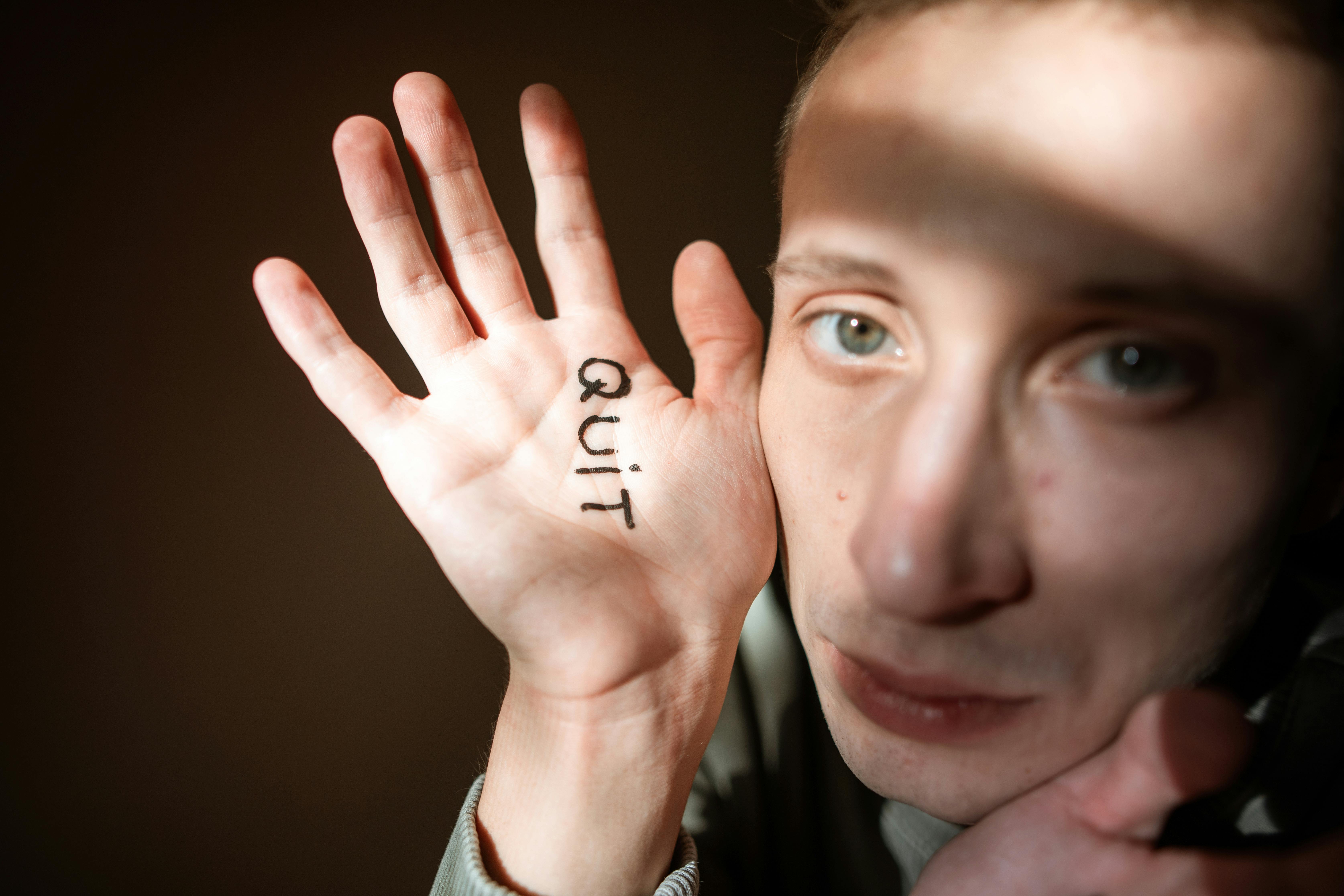Looking at the number of books and videos available on potty training now, it would seem like a difficult procedure; but when my three children were young it seemed like a quick and easy process. Talking to my sister recently, she had no difficulty with hers 3 of hers either.The following suggestions should also help you easily manage potty training.
Start your preliminary training early; probably around 8 months, when your baby can sit comfortably on a small potty, for a minute or so, at her feet. Do this for all daytime feedings. No stress with high praise for any result and even sitting still. The baby will accept this procedure as normal and will begin to form a habit. Make it a happy moment, look at a picture book, or build bricks. Let it become an extension of feeding times when you both enjoy each other’s company.
When your baby stays dry for longer periods, perhaps after a nap, it’s time to get serious. Seat the baby immediately and you will probably see the results. High praise will reinforce the habit. Never scold or get anxious.
Now for the fun part, have your little one pick out a slew of fun or cute pants they’ll want to keep dry. Talk about how adults they are becoming; adult pants like mom, dad or siblings. Make being an adult fun and play with them while you watch for signs of the need to urinate or have a bowel movement. Keep an eye on your child in the first few days, be aware of hiding places in the corners, looking away, etc. and recall as necessary. If you make it fun, they’ll be happy to oblige and keep their new pants dry. There will be some setbacks, so use pull-ups when you go out or sleep. Stay calm and help your little one learn a new behavior.
Mine were dry during the day by 18 months, as seemed to be the norm back then, but current research shows that potty training is happening much later on average, some children are even attending school in diapers. Why this trend? Maybe because more mothers are working and time is a problem. However, research also shows that delays in training can be the cause of bladder and bowel infections and it is recommended that training be done at the age of 2 to avoid a health hazard.



